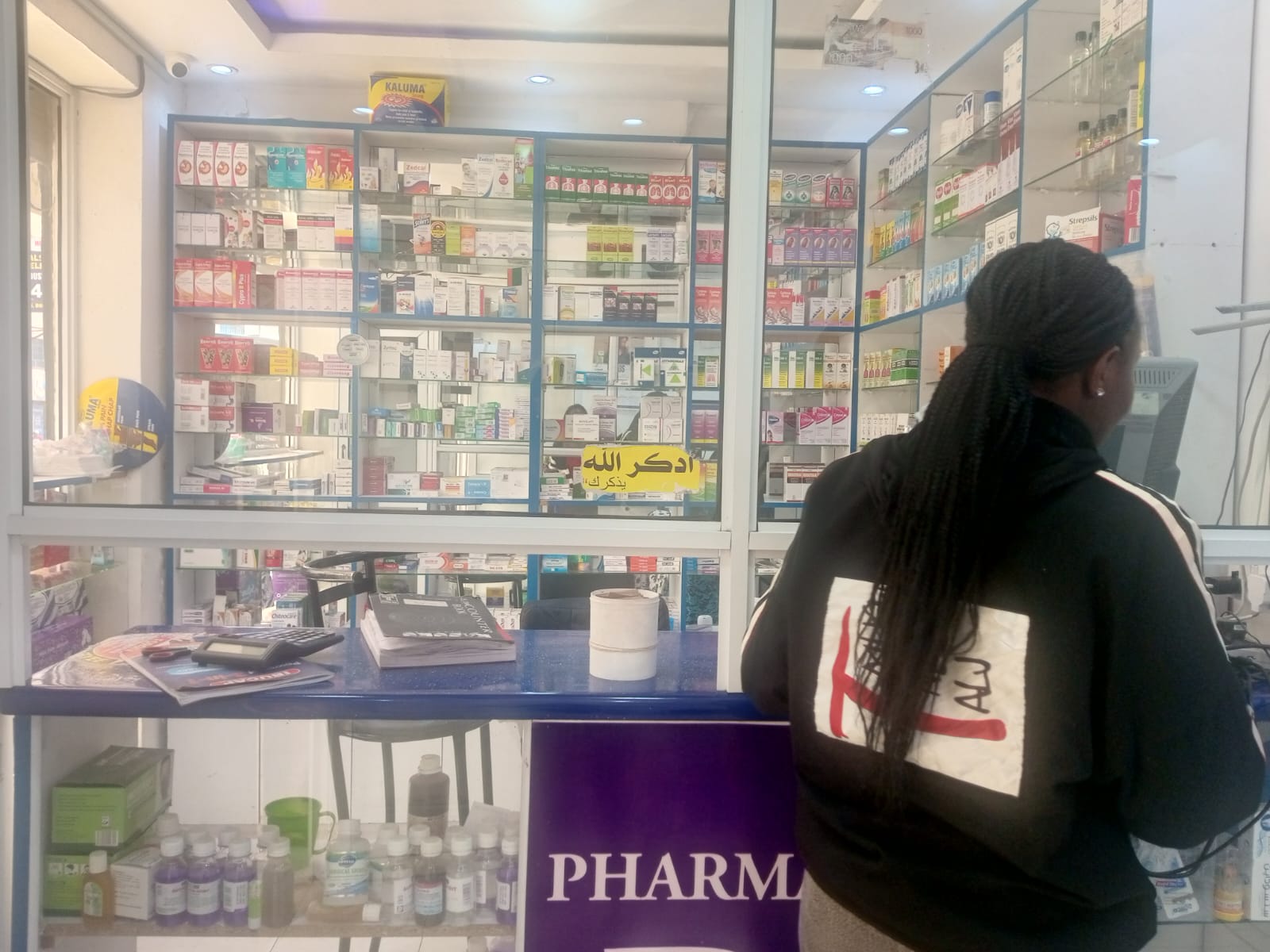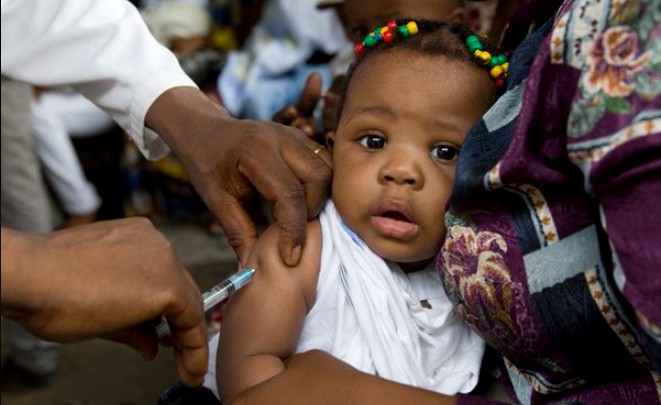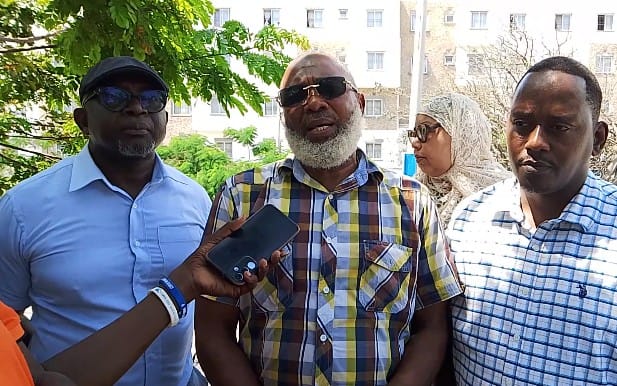Community outreach programme aims to preserve Diani Beach's marine biodiversity
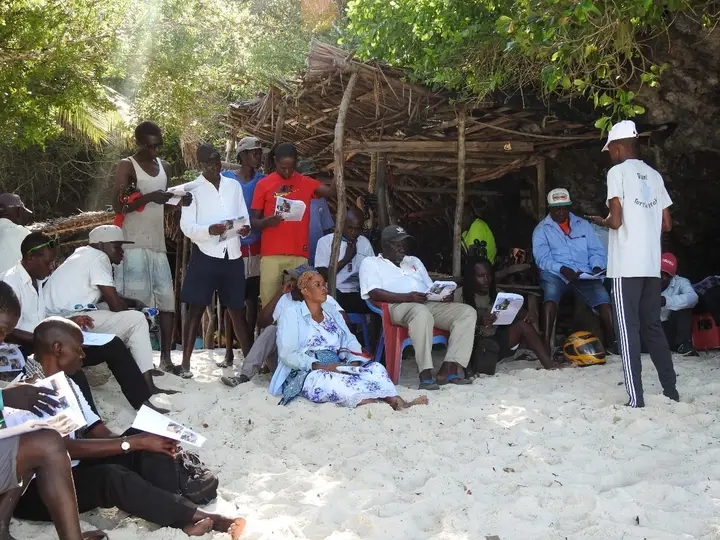
Kenya's coastline supports around 450 turtles across various species including green turtles, hawksbill turtles, loggerheads, Olive Ridley sea turtles, and leatherbacks.
To preserve the rich marine biodiversity of Diani Beach, the Diani Turtle Watch has embarked on a multifaceted community outreach programme.
The initiative, spearheaded by passionate locals and conservationists, aims to raise awareness among community stakeholders about the critical importance of environmental conservation practices.
More To Read
- Global marine experts convene in Mombasa to tackle overfishing, pollution, climate threats
- Kwale Governor Fatuma Achani vows legal action against land grabbers
- Tensions flare as Kwale leaders demand removal of KWS from Diani-Chale Marine Reserve management
- Kilifi set to phase out KWS' control of Malindi and Watamu marine parks - Governor Mung’aro
- Africa’s freshwater ecosystems depend on little creatures like insects and snails: Study maps overlooked species
- UN summit ends without agreement on biodiversity funding
Chairlady Dampsey Mai said they selected beach operators and school children as primary beneficiaries of the programme, citing their integral roles in the coastal ecosystem.
"We chose these groups because of their close relationship with the beach, our efforts are aimed at protecting endangered sea turtles from extinction," Mai explained.
According to Kenya Wildlife Service (KWS) estimates, Kenya's coastline supports around 450 turtles across various species including green turtles, hawksbill turtles, loggerheads, Olive Ridley sea turtles, and leatherbacks.
These species face numerous threats, including habitat degradation, illegal trade, and accidental capture in fishing gear.
Economic, ecological significance of turtles
Turtles hold immense economic, ecological, and social value globally.
However, due to the high demand for commercialised turtle products, several species are classified as critically endangered or vulnerable by conservation organizations like the IUCN.
Recent reports indicate an alarming 80 per cent decline in turtle populations over the past two decades, underscoring the urgency of conservation efforts.
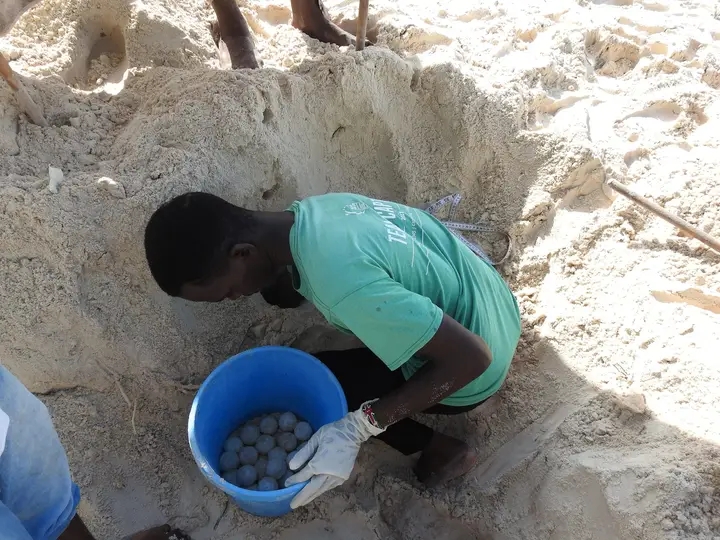 A beach operator collecting turtle eggs to transfer them to a safer place. (Photo: Mishi Gongo)
A beach operator collecting turtle eggs to transfer them to a safer place. (Photo: Mishi Gongo)
Mai says Diani Beach faces a pressing issue with plastic pollution, posing threats to marine life and their habitats.
To combat this, the group leads regular marine debris cleanup campaigns, removing plastic waste to safeguard aquatic ecosystems from harm.
To protect Diani Beach's aquatic biodiversity Mai emphasised it is important to support conservation efforts, promote sustainable practices, and educate both locals and visitors on marine environmental conservation.
Mai says the South Coast harbours diverse marine life threatened by human activities.
She notes that efforts to promote awareness and implement effective conservation measures are crucial for safeguarding the Indian Ocean's aquatic biodiversity.
The region hosts significant populations of green turtles (Chelonia mydas) and hawksbill turtles (Eretmochelys imbricata), with the former being predominant.
Based at the Marine Education Centre within Sands at Nomad Resort, Diani Turtle Watch is dedicated to educating local communities, schools, and tourists about endangered species and the necessity of conservation.
"We believe that with proper information, locals can become champions in protecting marine life. Including children ensures that future leaders are well-informed and engaged," Mai asserted.
Mai detailed proactive measures implemented by Diani Turtle Watch to protect local turtle populations.
"Trained monitors from the community patrol nesting sites, safeguarding females, eggs, and hatchlings from threats. Our By-Catch and Release Programme significantly reduces turtle mortalities caused by accidental entanglement in fishing nets," Mai explained.
She also highlighted past challenges, such as illegal hunting for turtle meat and products, which persist despite conservation efforts. Presently, Diani Turtle Watch monitors approximately 30 kilometres of coastline from the Kongo River to Funzi Island, ensuring comprehensive protection for nesting turtles and their habitats.
Top Stories Today



